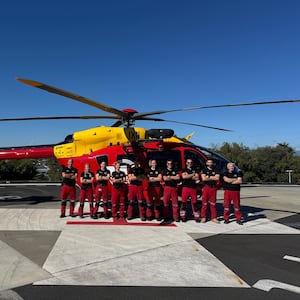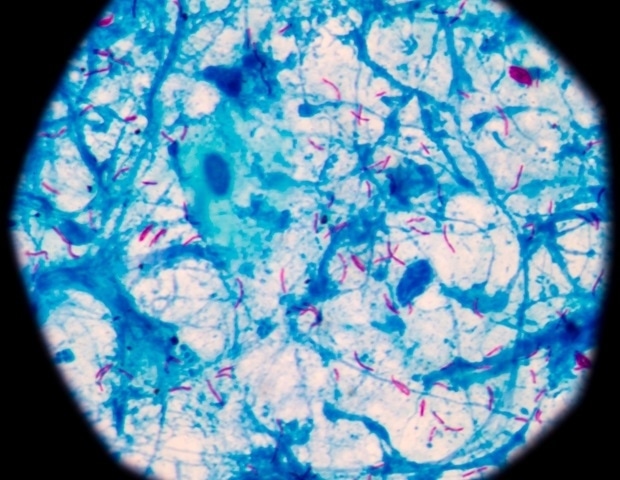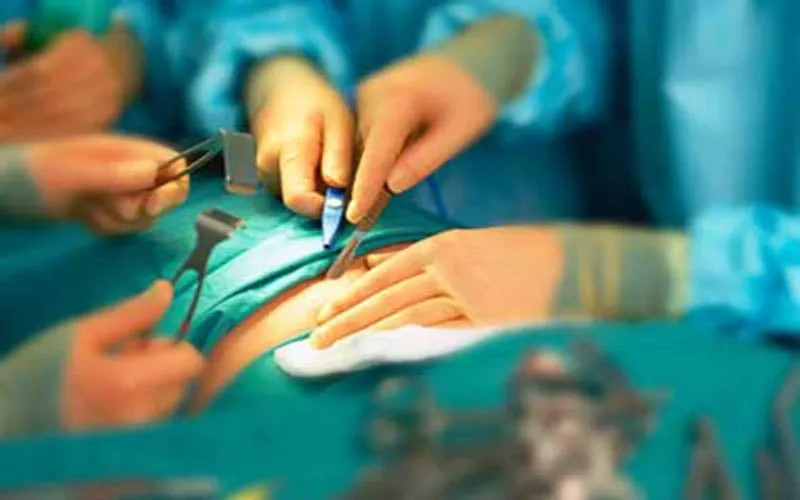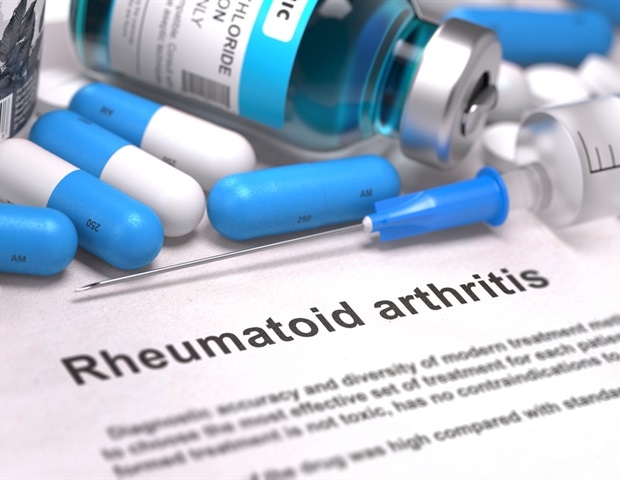
A Newcastle-based program to help Indigenous people quit smoking and vaping will be expanded with a $4.7 million medical research grant. Login or signup to continue reading The national trial aims to reduce chronic disease and preventable deaths.
National data shows about a third of Indigenous people and 8 per cent of non-Indigenous people smoke. First Nations people were 1.5 times as likely to use e-cigarettes as non-Indigenous people, the Australian Institute of Health and Welfare says.

University of Newcastle Associate Professor Michelle Kennedy said comparative data can "make it look like Indigenous people don't care about their health". "I know that's not true. We know most Aboriginal and Torres Strait Islander people who smoke want to quit," said A/Prof Kennedy, a Wiradjuri woman.
"Smoking tobacco was introduced through colonisation. Our people weren't paid money for work for a very long time. We were given rations of flour, tea and tobacco was part of that.
"We were given tobacco on missions and reserves. That embedded tobacco into that way of life. It's linked to the trauma of displacement.
" She said non-Indigenous people living in lower socioeconomic settings were more likely to smoke. "Aboriginal and Torres Strait Islander people have that experience," she said. A/Prof Kennedy said smoking was the "most modifiable risk factor contributing to chronic disease and preventable death" among Indigenous people.
The quit-smoking program is called "Which Way?", which refers to a phrase Indigenous people use as a greeting. "When I embedded it into our research program, it was about determining which way they want to be smoke-free," she said. The Which Way pilot program helped more than 1000 Aboriginal and Torres Strait Islander people quit smoking and vaping.
Before the program existed, there wasn't anything available and known to be effective to help Indigenous people quit smoking, A/Prof Kennedy said. "There really hasn't been investment in tobacco programs," she said. She said this was a failure of the health system to provide culturally suitable and evidence-based programs.
With a grant from the Medical Research Future Fund, the program - which uses combination nicotine replacement therapy - aims to help a further 2000 people. The program includes long-acting products (patches) and short-acting products (gum, sprays, lozenges and mints). A/Prof Kennedy said much of the therapy was expensive, as it was not covered by the PBS.
The program's pilot data recorded the "highest quit rates" of any quit-smoking study in an Indigenous setting. It found 34 per cent of participants remained smoke-and vape-free at six months, compared to 11 per cent previously. She said people often think they need willpower to quit smoking, but most who follow that path relapse.
"Our program draws on cultural strengths - our connections to Country and with each other." She was glad to have hired Indigenous people in the Hunter for the research project. The program used "distractions as behaviour change techniques".
"You've got to keep your hands busy. For women, we've been embedding practices like weaving," she said. "Men have been playing music and fishing.
It's mindful and calming." A/Prof Kennedy understands the issue personally, given she once smoked. "I have so many family members who smoked," she said, adding she felt quitting was "about having support and not feeling alone".
Health and medicine, science, research, nutrition. Email: [email protected].
au Health and medicine, science, research, nutrition. Email: [email protected].
au DAILY Today's top stories curated by our news team. Also includes evening update. WEEKDAYS Grab a quick bite of today's latest news from around the region and the nation.
WEEKDAYS Catch up on the news of the day and unwind with great reading for your evening. WEEKLY Get the editor's insights: what's happening & why it matters. WEEKLY Going out or staying in? Find out what's on.
WEEKLY Love footy? We've got all the action covered. WEEKLY The latest news, results & expert analysis. WEEKLY Follow the Newcastle Knights in the NRL? Don't miss your weekly Knights update.
WEEKLY Get the latest property and development news here. WEEKLY Every Saturday and Tuesday, explore destinations deals, tips & travel writing to transport you around the globe. WEEKDAYS Sharp.
Close to the ground. Digging deep. Your weekday morning newsletter on national affairs, politics and more.
TWICE WEEKLY Your essential national news digest: all the big issues on Wednesday and great reading every Saturday. TWICE WEEKLY Get real, Australia! Let the ACM network's editors and journalists bring you news and views from all over. WEEKLY Get news, reviews and expert insights every Thursday from CarExpert, ACM's exclusive motoring partner.
AS IT HAPPENS Be the first to know when news breaks. DAILY Your digital replica of Today's Paper. Ready to read from 5am! DAILY Test your skills with interactive crosswords, sudoku & trivia.
Fresh daily!.















